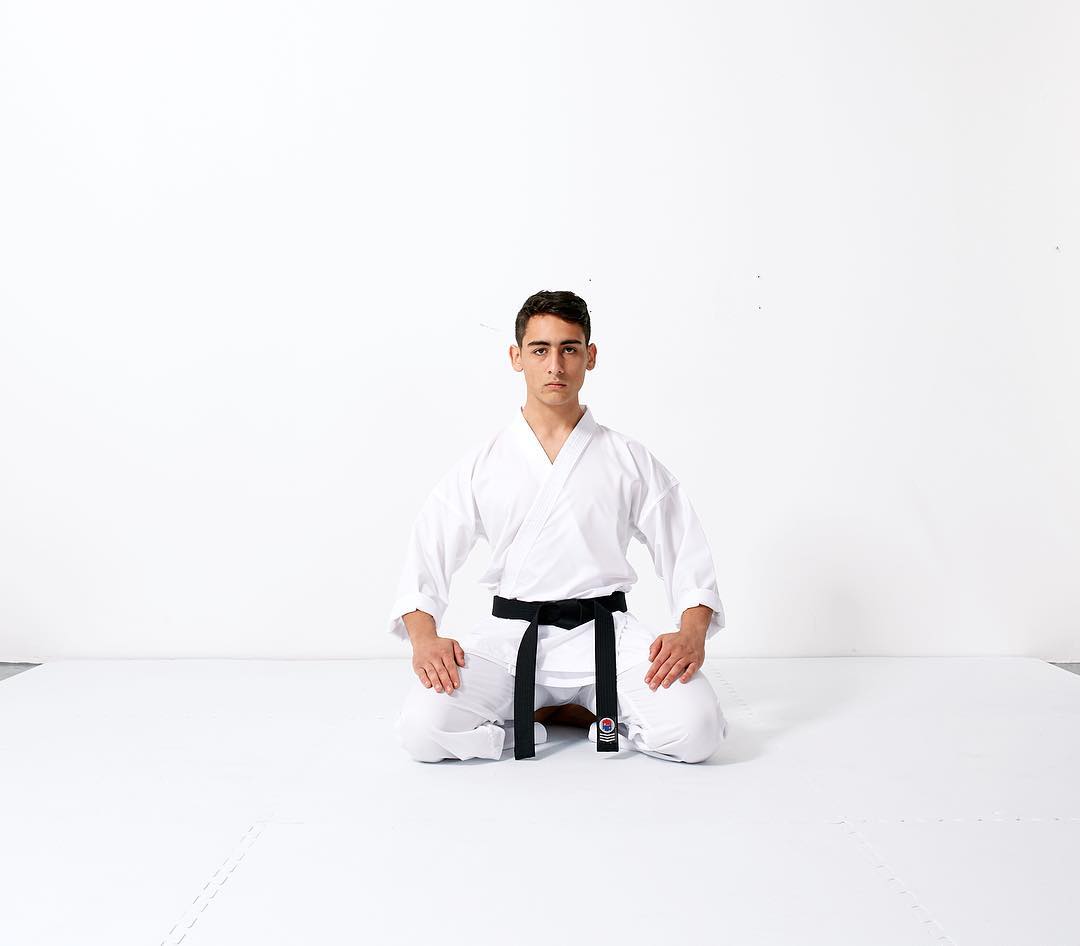Stress is both a psychological and a physical disorder, which affects people in different ways. These pressures can be more dramatic and observable under certain circumstances, affecting people’s lives and their ability to carry out both general activities, like coping with unusually high-workload demands, or specific tasks like performing well at a job interview.
Learning to manage stress is therefore crucial in today’s world. While there are specific techniques intended to deal with stress, the same techniques do not work well for everyone. Part of the stress management process is also related to cultural and lifestyle factors.
One of these lifestyle factors is the regular practice of sports, particularly those with the ability to balance the physical and mental aspects of our bodies. Judo is one of those sports, which can be practiced not only by athletes but also by children, people with disabilities, and the elderly.
Judo has existed since 1882, and its advantages shine beautifully. With regular practice, judokas can develop physical qualities such as increased power, coordination, and versatility. This training also leads to psychologically strengthened self-confidence, the ability to confront fears, the capacity to address tough challenges, and greater emotional strength in general.
This enhanced strength comes in handy when facing challenging problems, preparing people to address them in a way that the detrimental effects of stress can be better managed. A significant amount of effort and discipline are necessary to learn this fine sport, and develop the necessary skills, but its benefits are remarkable and extend to stress management.
Professionals from many disciplines practice Judo as a regular activity they enjoy, as a sport, a hobby, or a steam-blowing and tension release activity as well, doing so in the controlled setting of a dojo, working with partners, and under the guidance of an instructor.
The behavioral advantages associated with judo practice against the effects of anxiety are significant. Many people are affected by anxiety disorders, and while there are medications to help them cope with them, such as opioids, they also have undesirable side effects. Overconsumption of alcohol is another activity likely to be experienced by people with anxiety.
If a stress management strategy with damaging side effects is left unchecked, it can lead to the intensification of such adverse effects, and the development of worsening conditions, such as severe mood changes, depression, anxiety, or chronic fear, among others. Intense physical activity conducted on a regular basis can help manage these effects and increase self-trust.
In an attempt to discover a solution to the present problems, our minds try to solve problems. While it is crucial to scrutinize issues, thinking about problems without a practicable solution may in some cases lead to needless, pessimistic thoughts that create increased levels of stress and unproductive behaviors that do not contribute to a solution. Taking a break to participate in a judo session, and the social interactions associated with its practice, can be beneficial in these cases as well, helping people in the process of conquering their fears.
Exercise also activates the development of endorphins, which reduces the body and mind feelings of discomfort. Studies indicate that people are at higher risk of mental health conditions such as depression and anxiety when they have reduced endorphin levels.
Learning to relax is another important part of coping with stress, and judo practice can help people get started on that path as well. After an intense judo session, your body will be more than ready to get some well-deserved and recuperative rest, for your mind and body. Like in many other areas of life, advance preparation is key to be ready when tough times knock on your door. You can learn more about the different benefits of judo in books and articles on the topic. You can also visit this website for additional information about such benefits.


